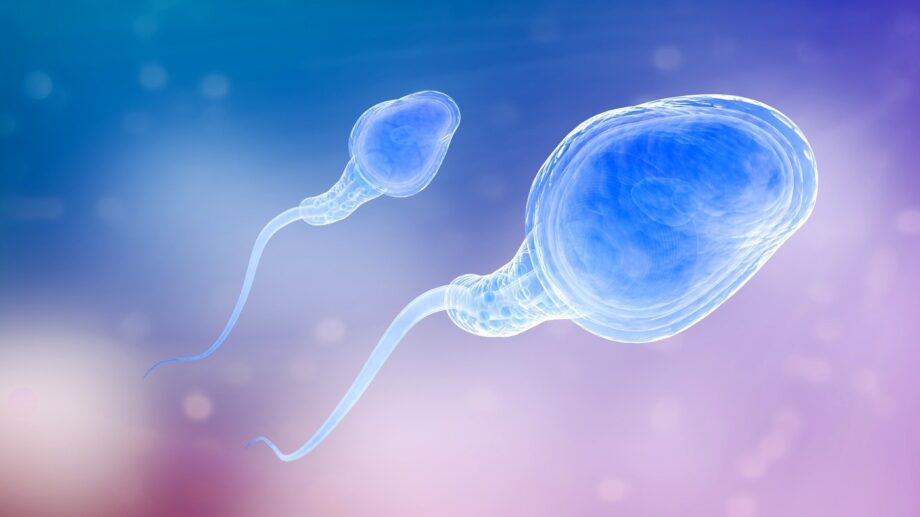Introduction:
Oligospermia, characterized by a low sperm count, is a leading cause of male infertility. Finding safe and effective treatments for this condition is of utmost importance. In this study, the spermatogenic activity and safety of processed Shilajit (PS) were evaluated in oligospermic patients. The results provide valuable insights into the potential of Shilajit as a natural remedy for improving sperm count and quality.
Study Methodology:
The study involved 35 oligospermic male patients who were administered 100 mg of PS capsules twice daily for 90 days. The patients’ total semenogram, serum testosterone, luteinizing hormone, follicle-stimulating hormone, and safety parameters were assessed before and after the treatment. The content of malondialdehyde (MDA), a marker for oxidative stress, was also measured. The study aimed to evaluate the impact of PS on sperm count, motility, and overall semen quality.
Promising Results:
Out of the 35 patients, 28 completed the treatment, and their results demonstrated significant improvements. The treatment led to a remarkable increase in spermia (+37.6%), total sperm count (+61.4%), and motility (12.4-17.4% after different time intervals). Additionally, there was an increase in normal sperm count (+18.9%) and a decrease in pus and epithelial cell count, indicating an improvement in semen quality. The content of MDA also decreased significantly (-18.7%), indicating a reduction in oxidative stress.
Enhanced Hormonal Levels:
The study also revealed positive effects on hormonal levels. Serum testosterone levels increased by 23.5% (P < 0.001), indicating a potential role of PS in hormonal balance. Furthermore, follicle-stimulating hormone (FSH) levels increased by 9.4% (P < 0.05), suggesting an improvement in the hormonal regulation of spermatogenesis.
Safety and Inclusion of PS in Semen:
The safety profile of PS was evaluated through hepatic and renal function tests, which remained unaltered, indicating the safety of the given dose. HPLC chromatogram analysis revealed the presence of PS constituents in semen, highlighting its potential mechanism of action.
Conclusion:
The findings of this study provide further evidence of the spermatogenic activity of Shilajit, particularly when administered as processed Shilajit (PS). The significant improvements in sperm count, motility, semen quality, and hormonal levels indicate the potential of PS as a natural remedy for oligospermia. Moreover, the safety profile of PS reinforces its suitability as a treatment option. Further research is warranted to explore the underlying mechanisms and optimal dosing strategies for utilizing Shilajit in the management of male infertility.
